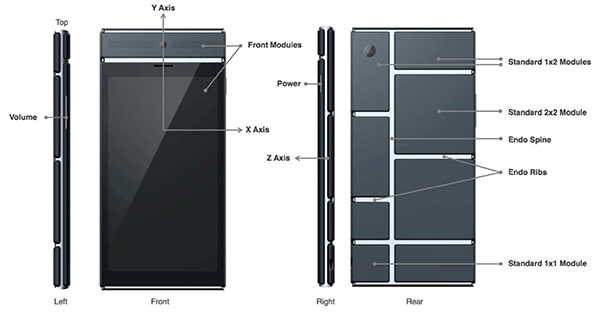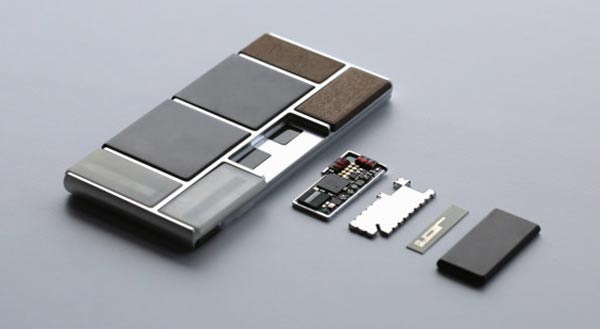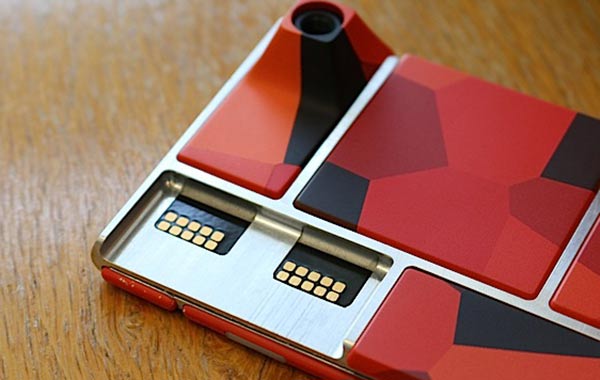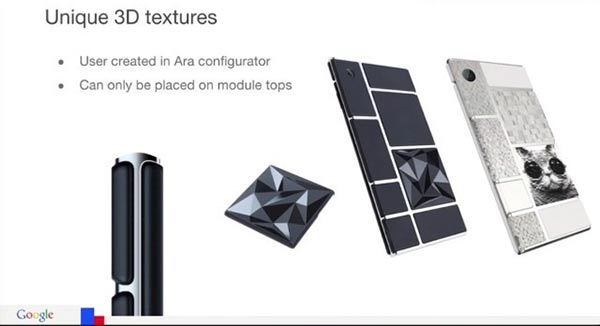Google is said to be offering a $100,000 grand prize competition for the best Project Ara module design coming from developers, reports UberGizmo. The prize said to have been announced to spur developers to create a range of modules that could be used in the handset. This significant chunk of cash will be awarded to the person who designs the overall 'best' module. The winning decision will be made based upon a module's novelty, functionality, elegance, quality, impact and commercialisation potential.

It is also said to be important that the modules can be used in everyday situations, therefore those designs that are novel but with very specific functions that may not apply to a wider audience probably won't make the shortlist. Runner-up positions will also be offered where the two runners-up will be given an all-expense paid trip for up to three people to the next Project Ara developer conference, along with guaranteed hardware for their project.

Does anyone have any great ideas for a module? We've had a quick brainstorm quiz in the office and come up with;
- Swiss army knife module (including bottle-opener)
- electric shaver module
- multi-card reader module
- temperature sensor module
- mirror module
- exquisite timber module
- After Eight dispenser module
- lock of sweetheart's hair module
- photo frame module.
Ara progress, due date and $50 price tag
During a developer's conference hosted in Santa Clara, California this week, the company also gave us more insight into the modular smartphone, with more details regarding pricing and release dates.
Project Ara leader Paul Eremenko announced at the conference that the public will be able to get their hands on the Project Ara 'gray phone' as early as January 2015, for around $50. "It's called the Gray Phone because it's meant to be drab gray to get people to customize it," he explained, according to CNet.

The device's endoskeleton, the chassis which will hold the modular blocks together and that comes in 3 different sizes, will last "five to six years," according to Eremenko. This means that users no longer have to ditch their still-working current smartphone and can just upgrade the parts they care most about, such as adding a fingerprint sensor like the Samsung's Galaxy S5 has done, or a better camera.
The modules will be held in place via electro-permanent magnets, as demonstrated in the latest Ara progress video and utilise UniPro standard for communication between modules. It is also said that they will be sold much like apps are now, through a custom Google online store or in physical pop-up stores.

With partners such as Phonebloks and 3D Systems already working on the device, the team is said to also be collaborating with academic experts at the Massachusetts Institute of Technology and Carnegie Mellon University between now and the smartphone's launch in January. This week's event marks the first of three planned developer conferences with the next two set for July and September this year.













